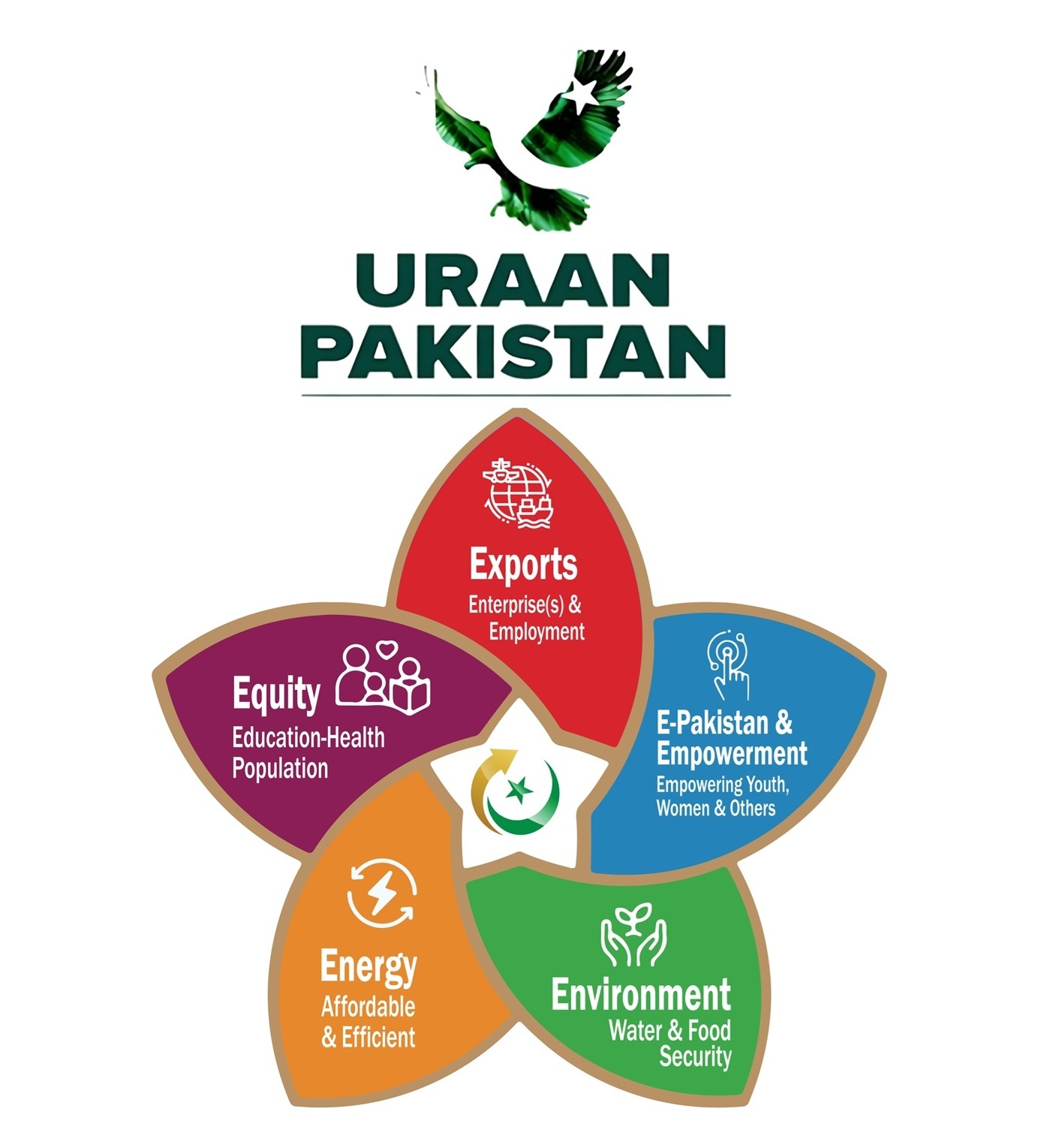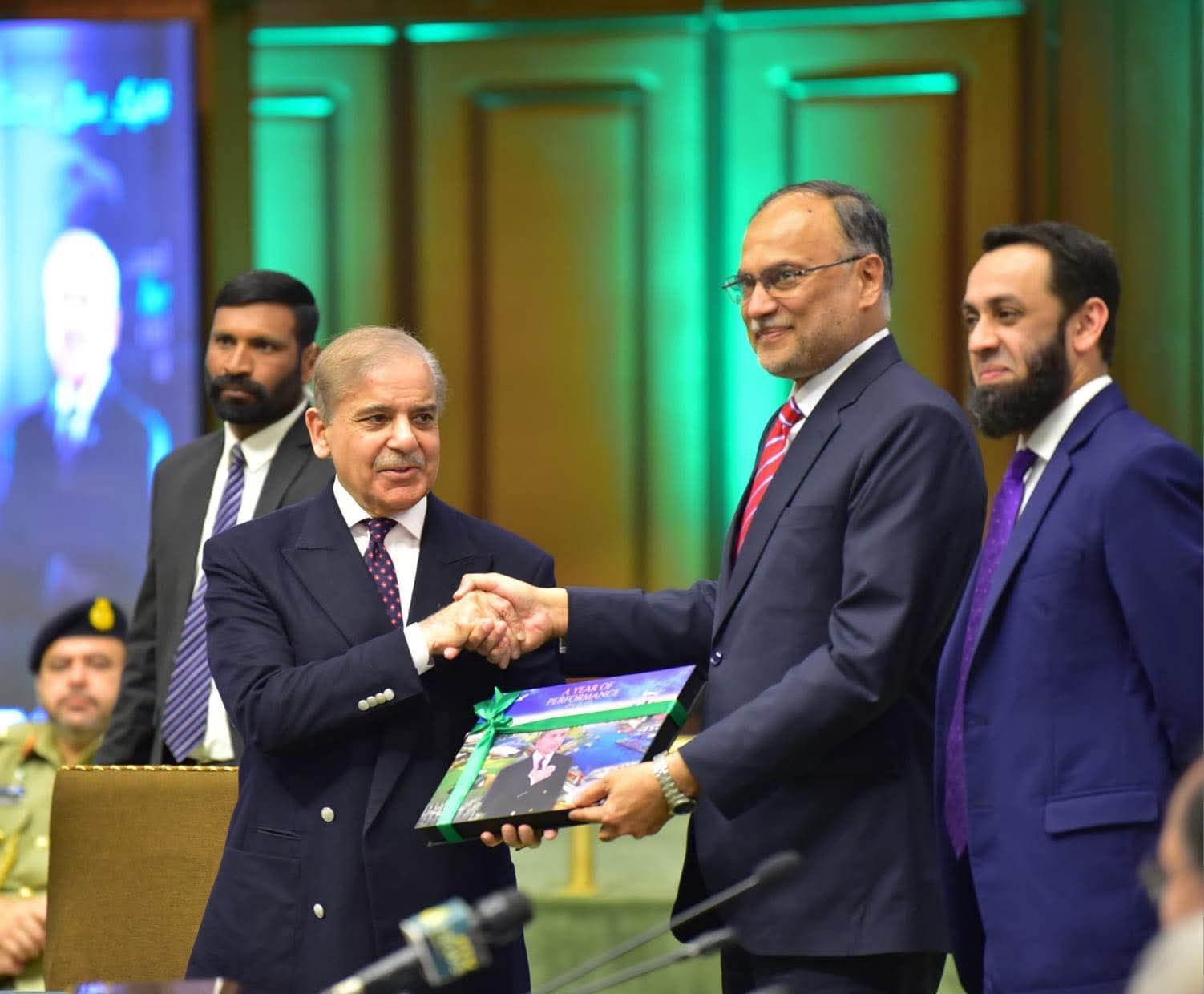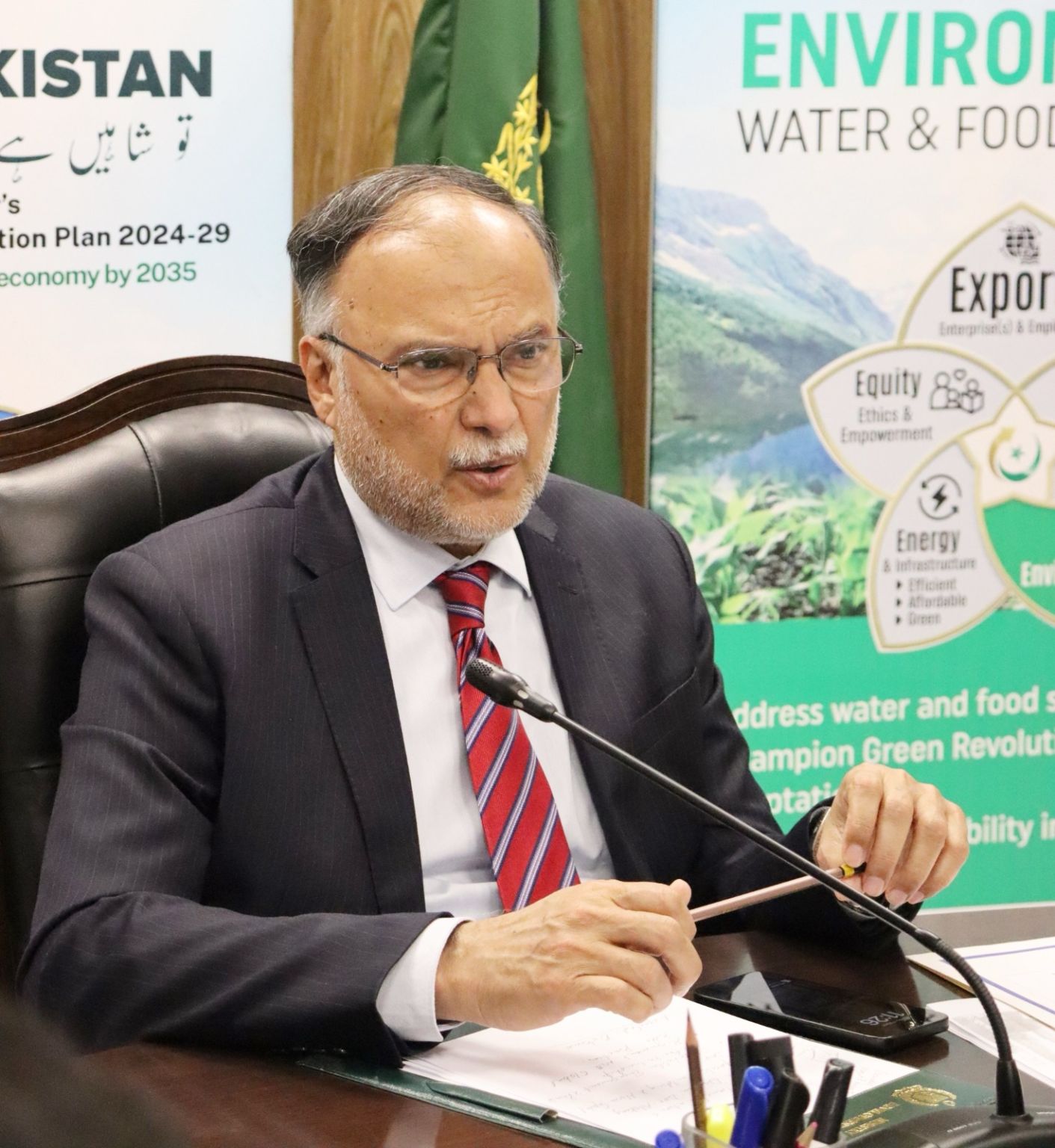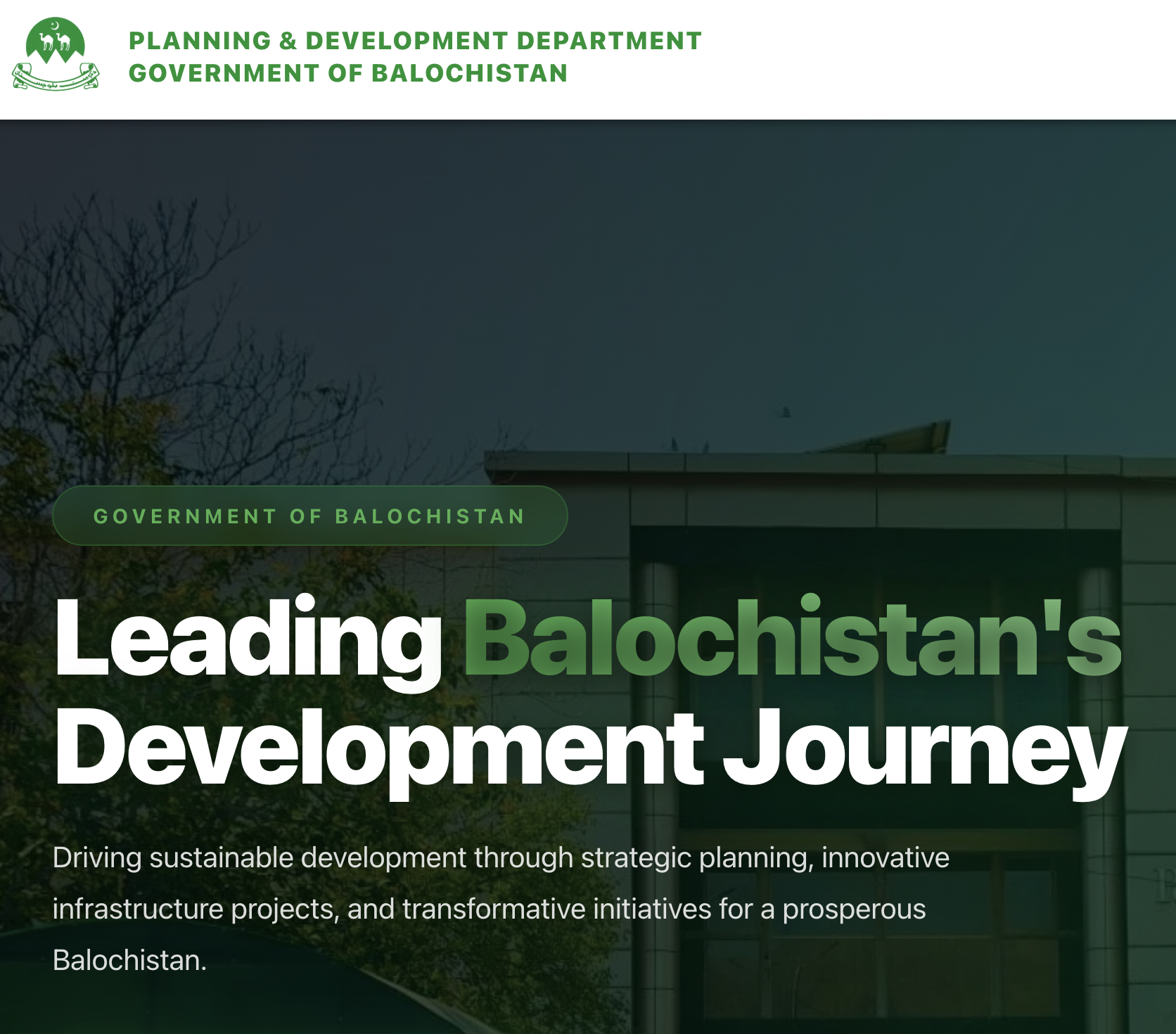IFRAP is structured around five core components designed to restore critical infrastructure, enhance disaster preparedness, and support economic recovery.
Repairing roads, bridges, irrigation systems, and essential facilities to restore connectivity and services.
Enhancing early warning systems and climate data management to improve disaster preparedness.
Supporting housing reconstruction for flood-affected communities, ensuring resilient and inclusive rebuilding.
Enhancing institutional capacity for effective project implementation and monitoring.
People benefitting from IFRAP
With flood risk protection
With Essential Services
The success of IFRAP is driven by the leadership and commitment of key decision-makers who ensure the project’s alignment with national priorities and global best practices.

Prime Minister of Pakistan

Minister for MoPD&SI

Chief Minister of Balochistan

World Bank Country Director
IFRAP operates under the umbrella of URAAN Pakistan, a transformative initiative designed to spotlight and advance crucial projects and reforms set forth in the 5Es National Economic Transformation Plan.






Components
Complaints: [email protected]
FPMU – EOBI House 7th Floor, G10 Markaz, Muave Area, Islamabad. Ph: 051-8777858

“Balochistan is not just a province, it is a cornerstone of our nation’s identity and strength. The catastrophic floods of 2022 served as a stark reminder of the growing threat posed by climate change, particularly to our most vulnerable regions. In the face of this crisis, we stood united—as a government, as a people, and as a nation—with an unwavering resolve to rebuild stronger, safer, and more sustainably.
The Integrated Flood Resilience and Adaptation Project (IFRAP) is a manifestation of that commitment. It reflects our deep care and special attention toward Balochistan and our vision of a future where no community is left behind. IFRAP is not merely about recovery, it is about transformation. It lays the groundwork for long-term resilience, helping us prepare for the climate challenges of tomorrow by investing in systems, infrastructure, and communities today.
This project is a symbol of unity, inclusion, and innovation. With the support of our development partners, and the leadership of both federal and provincial governments, IFRAP has the potential to be a true change agent—paving the way for climate adaptation, economic opportunity, and lasting peace in Balochistan.
As we move forward, let IFRAP be a model of what we can achieve when we come together to protect our people, our environment, and our shared future.”

IFRAP is a vital step in rebuilding a stronger, more resilient Balochistan. By investing in climate-adaptive infrastructure and sustainable development, we are not only restoring what was lost but also preparing communities to withstand future disasters. This initiative reflects our commitment to ensuring that Balochistan’s recovery is inclusive, durable, and driven by long-term resilience.

“Balochistan has long faced the devastating impacts of climate change and natural disasters. IFRAP is a crucial step toward rebuilding our province with stronger, safer, and more sustainable solutions. By focusing on resilient housing, infrastructure rehabilitation, and community-driven initiatives, we are empowering our people and ensuring that our response today creates lasting security for future generations.
This initiative is a shining example of what we can achieve when the federal and provincial governments work hand-in-hand. IFRAP reflects our shared vision for a more resilient and prosperous Balochistan. It is not just a project—it is a symbol of unity, commitment, and hope. Together, we are laying the foundation for long-term development and inclusive progress that will uplift communities across the province.”